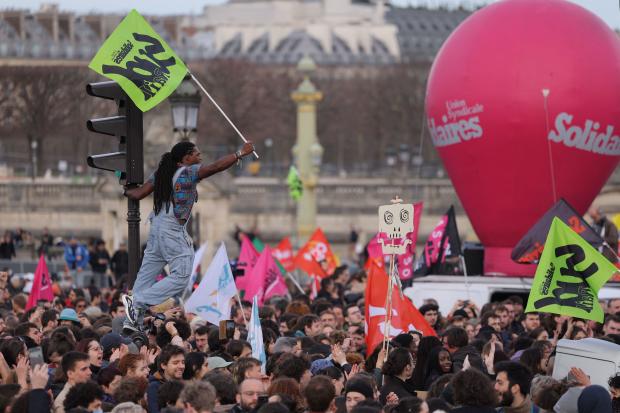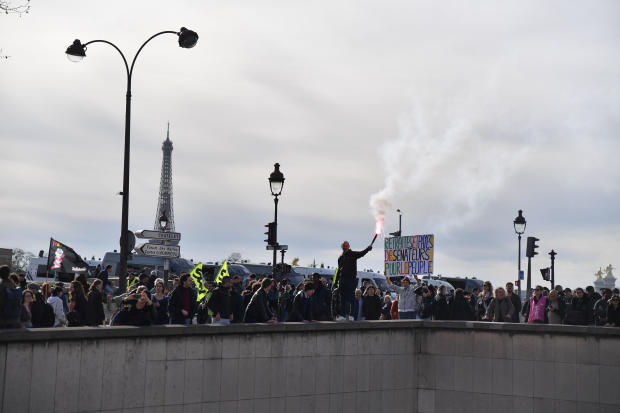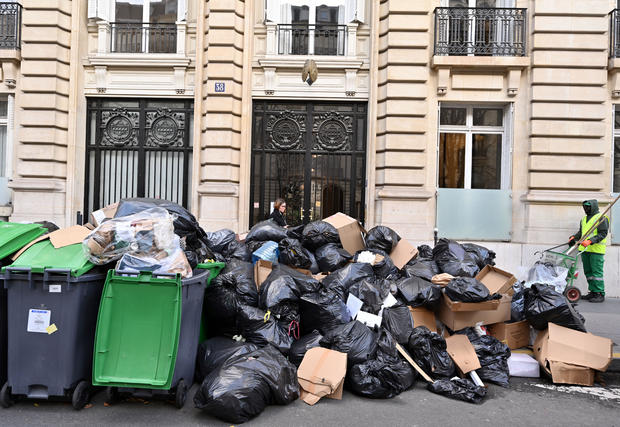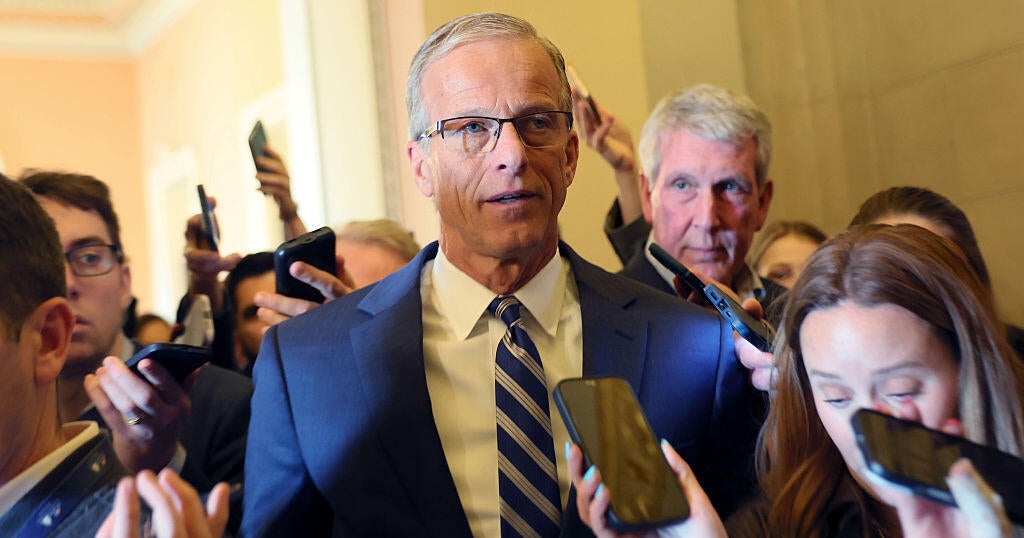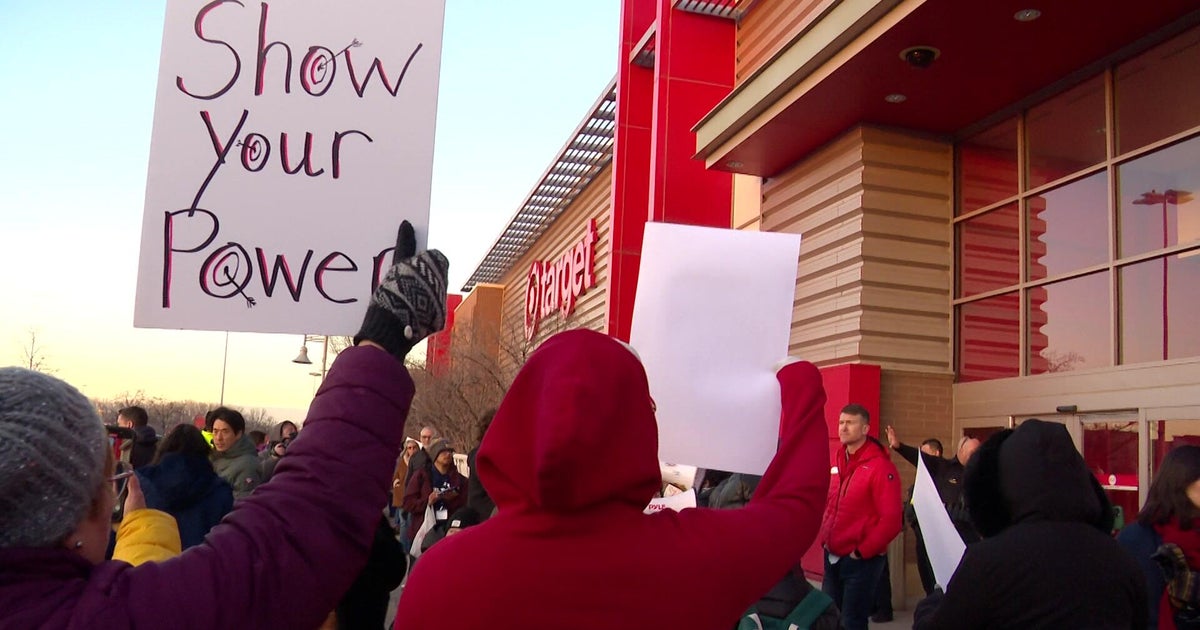French government pushes through pension reform plan despite protests
Opposition lawmakers in France's National Assembly booed and jeered as Prime Minister Elisabeth Borne announced she was pushing through controversial pension reforms as it looked clear the government did not have the support to win the planned vote.
Deputies began singing the Marseillaise, the French national anthem, in an attempt to drown her out as she criticized what she called deliberate blocking tactics by some deputies during the debates.
"We cannot gamble on the future of our pensions, this reform is necessary," Borne told lawmakers, to explain why she was invoking special constitutional powers to see the bill passed, after it seemed clear that the lower house would not reach agreement by the afternoon deadline.
Within minutes, an angry crowd gathered at the Place de la Concorde, across the river from the National Assembly, to denounce the move. French unions called for more protests across the country and promised to step up strikes nationwide.
Unions and opposition lawmakers were furious that, after weeks of debate in the National Assembly and then the Senate, the government opted to force the reforms through using special powers under Article 49:3 of the constitution. And it is a blow to President Emmanuel Macron, who had promised to reform France's complicated pension system when he was going for election and then reelection.
Several weeks of lively preliminary debates in the lower house, during which several thousand amendments were tabled, concluded without agreement. After a number of modifications to the bill, the Senate voted in favor of the reforms on Saturday, March 11, then again on a final reading this morning.
This is not the first time President Macron's minority government has used Article 49:3 when it looked like it would not get the needed support to pass a bill.
The far-right National Rally party immediately promised to bring a motion of no-confidence in Macron's government. That is the only way the reforms can be halted now. The far-right previously lost another no-confidence vote but if they can gather wider support among the opposition, they could hope to bring down the government.
The far-left has also threatened to bring a no-confidence motion but it remains to be seen if they would be prepared to fall in behind a joint motion.
However, the conservative Les Republicains party was quick to say it would neither bring nor vote a motion of no confidence in the government. Party president Eric Ciotti said the way the reforms had been pushed through was "a failure of several years of politics" and showed, he said, "a deep crisis in our institutions".
"The government ruined this reform that, I repeat, I thought necessary. … A vote was possible. The LR group had a majority in favor of the reform — a modest one, but a majority," he said.
Unless a no-confidence motion is won, the reforms will now go into effect later this year. One of the key points of the reform is a change in the retirement age from 62 to 64, which will be rolled in gradually over the next 4 years.
The new law will also raise the number of years needed to retire on a full pension, meaning many people who began working in their mid-twenties, or mothers who took time off work to raise children, will have to work until they are 67 before they can receive a full pension.
The controversial reforms prompted nationwide demonstrations and strikes since January, causing transport chaos on designated days of action. Blockades continue at France's oil refineries, some train services are reduced, and in Paris and some other cities, piles of trash have been piling up since last week, when refuse collectors went on strike. They have voted to continue their movement until at least March 20.
More than 7,000 tonnes of trash are heaped on street corners all over the French capital. Rats have been climbing out of the sewers in their thousands, attracted by the sudden availability of easy pickings. Adding to the problem, strikers have blockaded the three garbage treatment plants in the city.
Socialist mayor Anne Hidalgo rejected calls from the Interior Minister and the Paris police chief to requisition workers to clear the trash. However, the police chief has now said he can go over her head and order some of them back to work – although since they are employees of the city, that may not happen right away.
